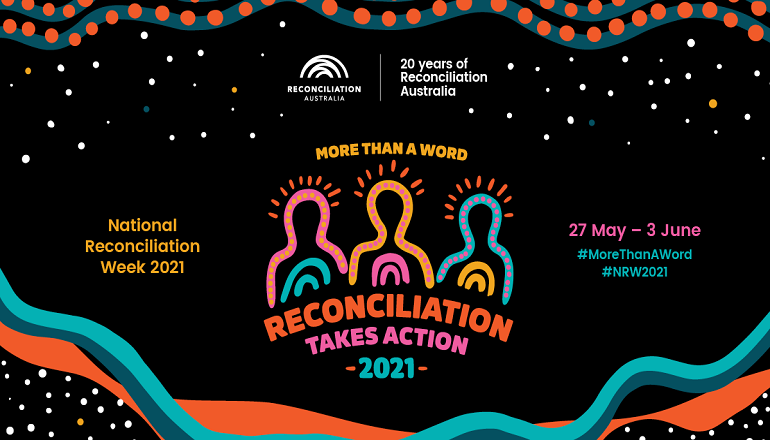AMA President Dr Omar Khorshid said National Reconciliation Week, which ends tomorrow 3 June, with Mabo Day, had been a week of commemoration and recognition of tens of thousands of years of Aboriginal and Torres Strait Islander cultures.

He said the 2021 theme: More than a Word. Reconciliation takes action, reflected the AMA's call for all Australians to take meaningful action in support of achieving health equity for Aboriginal and Torres Strait Islander peoples by 2032.
"Closing the life expectancy gap between Aboriginal and Torres Strait Islander peoples and non-Indigenous people is a national issue in which every individual, organisation and group in Australia can play a role," Dr Khorshid said.
Dr Khorshid said the AMA had called on the Government to address health inequities experienced by Aboriginal and Torres Strait Islander Australians, that stem from the social and cultural determinants of health.
He said the AMA was developing its first Reconciliation Action Plan, to ensure the organisation embedded a "tangible commitment" to reconciliation across all levels of its day-to-day business.
"Through our Taskforce for Indigenous Health, the AMA is developing our commitment towards cultural safety with support from the leadership of the Australian Indigenous Doctors' Association," Dr Khorshid said.
"This is important work to ensure that our health care system is free of racism, enabling Aboriginal and Torres Strait Islander people to access culturally safe health care," he said. "We can achieve this."
"The AMA is also committed to supporting the growth of the Aboriginal and Torres Strait Islander medical workforce and we continue to invest in this through the annual AMA Indigenous Medical Scholarship."
Dr Khorshid said additionally the AMA continued to support the work of the Raise the Age Campaign and called on all governments to raise the age of criminal responsibility from 10 years to 14 years of age.
"The criminalisation of children in Australia is a nationwide problem that disproportionately impacts Aboriginal and Torres Strait Islander children. Contact with the criminal justice system at an early age creates a vicious cycle of disadvantage for children at a critical developmental stage. We know that children should be in school, not jail," he said.






